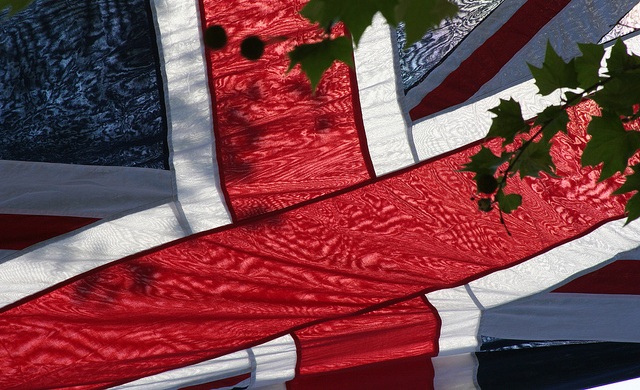People are demanding to be presented with “facts” regarding the consequences of Brexit. In particular, they want economic and financial facts. These will not be presented by economists, politicians or the press. Indeed, they are impossible to present.

This is because the economic/financial outcomes depend primarily on the actions of people; and those actions depend on their psychology.
This psychology is difficult to pin down with any sense of assurance ahead of the event. However I’m going to be reckless; I’m going to have a stab at following the logic-path stemming from what we do know. I hope to trace a possible outcome for businesses and for investors.
Alternative perspectives will be welcomed – please add comments – I know passions are aflame on this issue, so please keep it polite.
But first, three quotations which will be useful reminders/mantras in the turbulent days ahead:
“Look for opportunity amid the flux” (anonymous)
Warren Buffett, Letter to Shareholders 1994:
“We will continue to ignore political and economic forecasts, which are an expensive distraction for many investors and businessmen……none [of the major macro-economic events] made the slightest dent in Ben Graham’s investment principles. Nor did they render unsound the negotiated purchases of fine businesses at sensible prices……We have usually made our best purchases when apprehensions about some macro event were at a peak. Fear is the foe of the faddist, but the friend of the fundamentalist. A different set of major shocks is sure to occur in the next 30 years. We will neither try to predict these nor profit from them. If we can identify businesses similar to those we have purchased in the past, external surprises will have little effect on our long-term results.”
Ben Graham, from the Intelligent Investor:
Mr Market is very obliging indeed…..[he] lets his fears run away with him, and the value he proposes seems to you little short of silly.”
As final preparation for what is to come: I remember when I was a shareholder in Berkshire Hathaway, Warren was unable to find much in which to invest in the few years prior to 2008. He was heavily criticised for holding so much cash. Then, when everyone else was in a panic in the post-crisis period, he stepped up his buying significantly, and bought some great bargains.
A punt at what might be to come
Start with the psychology of the Continental European political classes.
Britain has voted to leave – they are shocked.
They are committed to the European project – they will be desperate to keep the show on the road.
They do not want another country to follow the UK to the exit.
So, they have a strong incentive to send a message that leaving will be painful. They know it will not be painful if they easily and rapidly agree a free trade agreement with the UK.
And remember Switzerland. Two years ago they wanted to restrict free movement of other Europeans to their country (the Swiss population voted against “mass immigration”). The rest of Europe said no – if you want free trade you have to accept people as well as a host of other rules that the EU will impose.
They faced a choice. They decided to back down, so that they could avoid the economic crisis flowing from blocked exports. Switzerland’s government is now trying to negotiate some limits to immigration to comply with the referendum result, but the EU is adamant.
Similarly Norway wants to trade with the EU countries freely. Yes, they can. But only if they accept free movement of EU people and follow rules made in Brussels (a “fax democracy”, as they await faxed dictats from Brussels, according to Jan Stoltenburg, former PM). And they have to contribute to the EU budget.
Both Switzerland and Norway have much higher levels of immigration per 1,000 of their population than the UK, thus they have chosen to swallow a much more bitter immigration pill than the UK would – and still they do it. Food for thought?
(The WTO model of trade negotiation or the Canadian model bring so much disruptive delayed resolution that they would aggravate the feelings of uncertainty even more than the Swiss or Norwegian models).
Ah, but the UK is bigger, stronger, in a more powerful negotiating position
Yes it is, but consider this (I speculate on the psychology): Of our exports 44.6% flow………To read the rest of this article, and more like it, subscribe to my premium newsletter Deep Value Shares – click here http://newsletters.advfn.com/deepvalueshares/subscribe-1

 Hot Features
Hot Features













